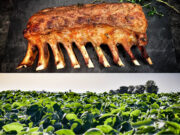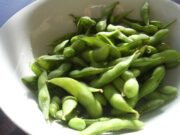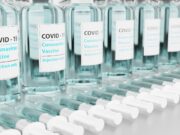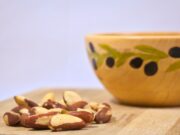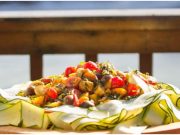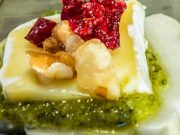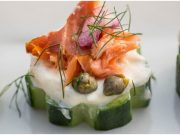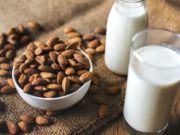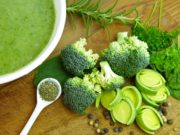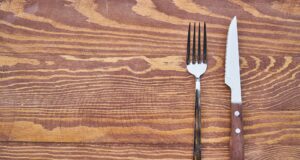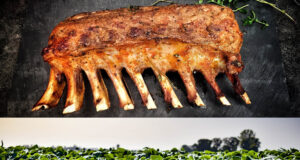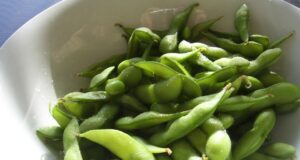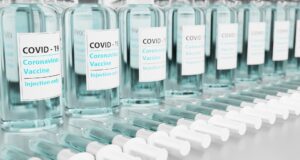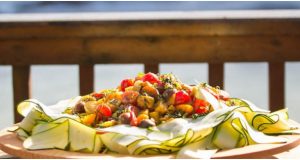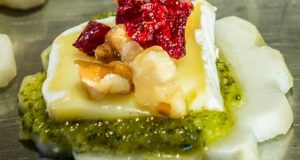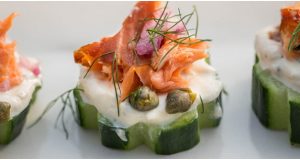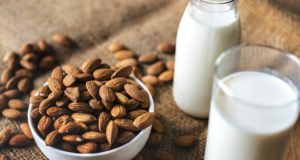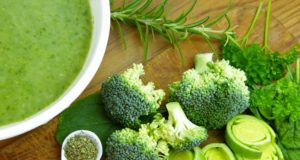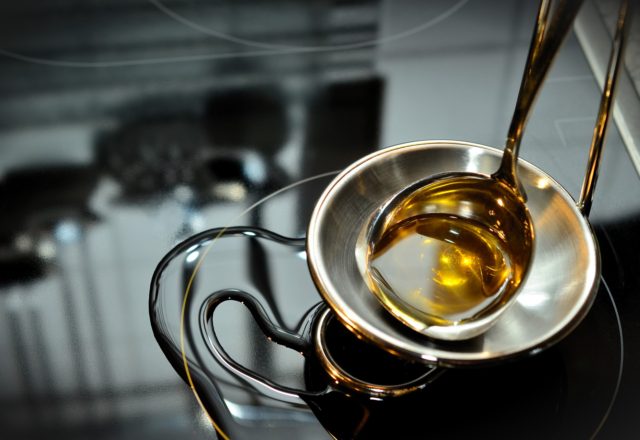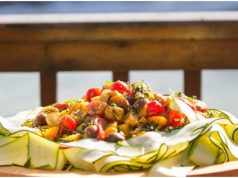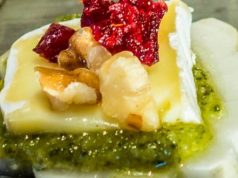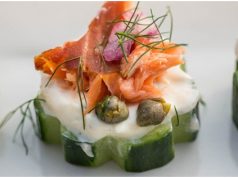Several articles on Good/Bad Fats on this site but it’s helpful to have a summary cheat sheet specifically stating what is good and bad!
Mike Geary has some great information ane whose conclusions are remarkably similar to mine.
Recently published a short ‘fats’ article. I am summarising some of his excerpts. His two pictorial summaries are graphic and well worth showing!
Real question also is why are some fats harmful and others healthy?
Mike makes point of confusion from the words “vegetable oil” and people will automatically think this is good!
My reasoning is probably the word ‘vegetable’ generates momentum from the general past and hype for vegetables and health!
Unfortunately, vegetable oils are usually ‘refined’ soybean oil or from cottonseed, safflower, corn, rapeseed and even disastrous canola oil!
Usually, soybeans have origins with Genetically Engineering in their type and farming. This presents Pesticide, Herbicide and Glyphosate issues.
But as Geary points out: the high heat and solvent in production IS ALSO a major problem. This before we apply cooking heat!
Meaning a major problem even before worrying about keeping the temperature down in cooking, the heat damage already done with refined oils!
Major issue most vegetable oils that they are polyunsaturated fats. These very reactive to oxidation. Also free radical production with any heat and light. This means any cooking, particularly in restaurants, where there is major use.
Also hydrogenated versions worse, as contain trans fats!
But non-processed polyunsaturated fat sources, such as nuts and seeds, are fine! However raw is best! Different with macadamia nuts. These happen to be really healthy, with the advantage of being monosaturated.
Here’s the actual order of stability of a type of fat under heat (from least stable to most stable):
1. polyunsaturated
2. monounsaturated
3. saturated
AND a real bonus:
Saturated fats are actually the healthiest oils to cook with’
Reason tropical palm and coconut oils, even animal fats such as cooking lard and butter are best for cooking.
That’s also why natural butter (NOT margarine) is one of the best fats for cooking.
and saturated fats from tropical oils excellent as they contain mostly medium-chain triglycerides (MCTs) which are lacking in most people’s diets.
Olive oil (extra virgin preferably) is okay for lower cooking temps as it’s mostly monounsaturated, so moderately stable.
I also like avocado oil and macadamia nut oil for baking as they are mostly monounsaturated and relatively stable for baking, plus add great flavour!
Personally still smarting from the ‘con’ job in the sixties and seventies. And for generations, particularly with margarine! Like Geary pictorial image that exactly fits with my thinking:
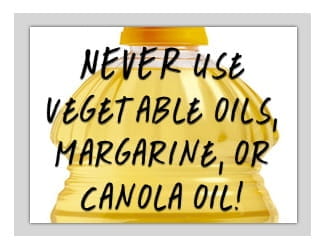
Respecting Cooking Oils. Personally also in accord with Geary.
Best choice:
Virgin Coconut Oil. Very stable at med-high temps and remember the healthy fats as set out above.
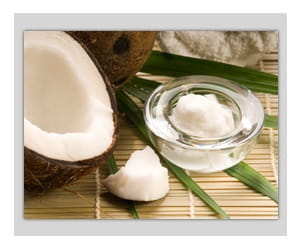
Then Extra Virgin Olive Oil but only for low temp cooking
And of course, real butter, remembering that grass-fed butter is arguably the absolute best. It also has nutrients vitamin K2, omega-3’s, and CLA.
The latter is Conjugated Linoleic Acic, a natural Fatty Acid. Further Health positive.
Geary suggests Kerrygold. This is a popular brand of Irish butter. It is grass-fed and readily available in most grocery stores.
Another problem I have with processed foods in bottles. If they contain oils, invariably they have gone through that ‘refining’ process. Involving damaging heat.
Most salad dressings that are bought off the store shelf. Loaded with unhealthy soybean or canola oils.
My personal taste is top-quality olive oils, such as extra and organic virgin oil. Add some vinegar dark or light.
For safety in origin, and I am thinking countries such as Italy, where frequent horror stories. Trust Costco. They implement quite a vetting process. Otherwise no resources for wise choice! You have it! Dangerous Fats Threaten Health, Cheat-Sheet!




